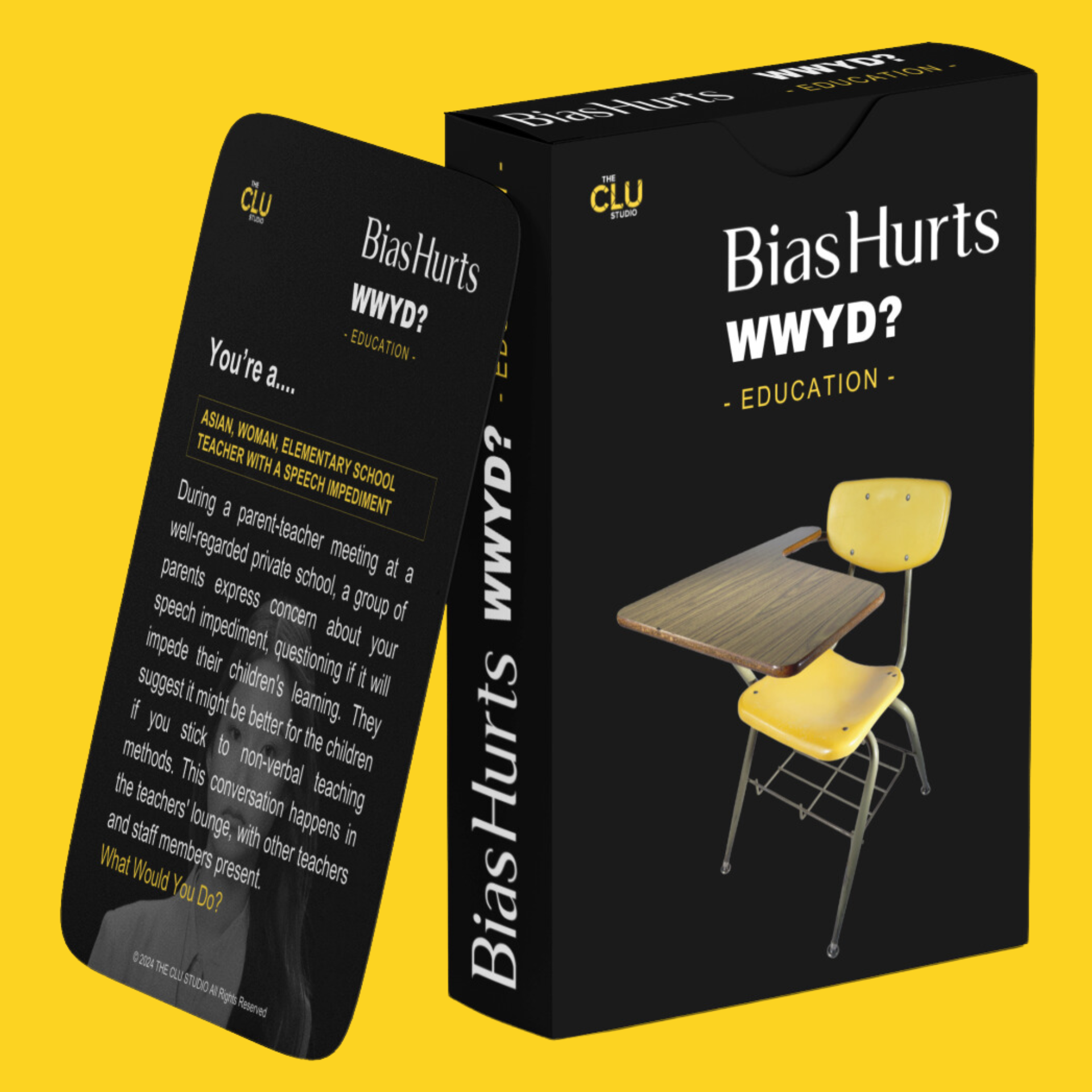“what would you do?” interactive game experience for educators
EMPOWER EDUCATORS WITH “WHAT WOULD YOU DO?” - A SCENARIO-BASED PROFESSIONAL DEVELOPMENT GAME
"What Would You Do?" is an innovative, scenario-based card game designed specifically for educators to navigate the complex and often nuanced situations that arise in diverse educational environments. This game serves as a powerful tool for professional development, encouraging teachers, administrators, and school staff to engage in meaningful discussions about real-world challenges in the educational setting.Each card in the game presents a unique scenario, reflecting a broad range of identities and situations encountered in schools, from classroom dynamics to interactions with parents and the broader school community. These scenarios are crafted to provoke thought and discussion about various aspects of school life, including cultural sensitivity, ethical dilemmas, and effective communication strategies.
FOSTERING DIALOUGE AND CRITICAL THINKING
The game is structured to facilitate an open and safe dialogue among educational professionals. Players take turns drawing cards and responding to the scenarios presented, sharing how they would handle each situation. This process not only fosters empathy and understanding among educators but also promotes the sharing of diverse perspectives and experiences. The scenarios are deliberately designed to be relatable yet challenging, ensuring that participants are engaged in critical thinking and problem-solving. Additionally, the game encourages participants to consider the impact of their decisions on students, colleagues, and the school culture as a whole, thus reinforcing the importance of thoughtful and informed decision-making in education.
GAME DYNAMICS
Scenario-based Learning: These scenarios are designed to mirror situations that educators might face in diverse school settings. Each card presents a unique challenge, ranging from classroom management and ethical dilemmas to interactions with parents and cultural sensitivity issues. This scenario-based approach encourages educators to think critically and creatively about how they would navigate these situations, promoting a deeper understanding of the complexities involved in educational environments.
Group Discussion and Perspective Sharing: The game is inherently collaborative, emphasizing group discussions as a key dynamic. After a player responds to a scenario, the group engages in a dialogue about the response. This format not only allows for the sharing of diverse perspectives but also fosters a collective learning experience. Educators are encouraged to explain their reasoning, listen to alternative viewpoints, and reflect on how different approaches might impact their students and school community.
Points and Rewards System for Engagement: Points can be awarded based on criteria like creativity, empathy, practicality, and insightfulness of the responses. This system encourages participants to think deeply about their answers and actively engage in the discussions. At the end of the game, points can be tallied to recognize participants who offered particularly insightful or innovative solutions, adding a friendly competitive edge to the learning process.
"What Would You Do?" is more than just a game; it's a dynamic educational tool that bridges the gap between theory and practice. It's an invaluable resource for professional development workshops, team-building sessions, and staff meetings. By simulating real-life situations, the game provides a practical and engaging way for educators to enhance their skills in dealing with diversity, conflict resolution, and ethical decision-making. The game's flexibility allows it to be adapted to various educational contexts, making it a versatile asset for schools and educational institutions committed to fostering inclusive and effective learning environments.
BENEFITS
Enhanced Cultural Competency and Empathy: One of the primary benefits of this game is its ability to broaden educators' understanding of diverse cultural, socioeconomic, and personal backgrounds. By presenting scenarios that educators might not have encountered personally, the game fosters empathy and cultural sensitivity.
Improved Conflict Resolution and Communication Skills: The game scenarios often involve complex interpersonal dynamics and ethical dilemmas, requiring educators to think critically about conflict resolution and communication strategies. By discussing and debating these scenarios, educators can develop more effective ways to handle difficult conversations, mediate disputes, and communicate more effectively with students, parents, and colleagues.
Professional Development and Team Building: "What Would You Do?" serves as an excellent tool for professional development. It encourages educators to engage in reflective practice, reconsider their perspectives, and learn from their peers. The collaborative nature of the game also fosters team building, as it requires participants to listen to and respect different viewpoints.
PARTNER WITH THE CLU STUDIO
Whether in-person or virtually, we offer tailored sessions led by Steffon Isaac, founder of The CLU Studio. Steffon's facilitation brings an added depth to the game, guiding educators through each scenario with insightful commentary and fostering a dynamic environment for open discussion and learning.
FREE RESOURCES
Accelerate your DEI progress with The CLU Studio's free resources.



